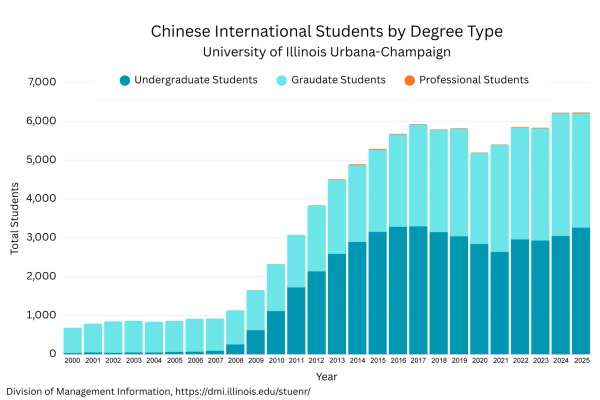Is your professor biased or is it just you?
Nov 13, 2007
Many students feel victimized by their allegedly biased professors. Students with conservative viewpoints feel more ostracized by their professors’ “liberal” lectures than others. Some of these people feel as though their professors’ personal convictions have no place in a productive learning environment. But attempting to eliminate all “biased” ideas from class only hinders a professor’s ability to effectively convey the subject at hand.
Who gets to decide what is biased and what isn’t? Furthermore, students – conservatives and liberals alike – are too quick to label a professor as unfair and one-sided.
Nowadays, everyone expects their educators to be leftist and even possibly socialist or communist. We enter class with expectations of hearing speeches focused on the negative aspects of globalization and how horrible of a president George W. Bush is. Far too frequently, students have preconceived notions of what should be taught in certain course.
But these predetermined expectations are almost always flawed. The point of attending a particular class is because you are not informed on that specific topic. If you knew all the points to be discussed, then what would be the point of taking it?
Some argue that classes should stick to what is described in the course catalog. The course catalog is nice addition to helping students register for classes but it is very difficult to give an accurate description of a semesterlong class in just a few sentences.
Get The Daily Illini in your inbox!
Furthermore, certain classes are unable to present an unbiased opinion of a topic. How do you give a balanced presentation of the Holocaust? What’s an unbiased opinion of black slavery and civil oppression? What were some positives effects of Japanese internment camps? Some subjects don’t have a “bright” side to them.
Certain things are just inherently negative and immoral.
Students put too much weight on the views of their professors. We end up wasting time and mental energy searching for hints, clues or subtle signs that indicate which political party our professors belong to. We should be focusing on the topic in question. Students should listen intently not for political cues, but rather for points of discussion.
Too often, we get hung up on a single point of a lecture we don’t agree with and ignore the major topic that was being discussed.
Most students can easily point out prejudiced viewpoints. My advice to you when you hear this is to question your professors and force them to support their claims.
Doing this will enrich the learning environment, and the discussion might even strengthen your own beliefs. Or the unthinkable might happen: You may just be proven wrong and have your beliefs changed.
But I doubt this happens; people rarely rethink their convictions. In 2004, the president’s approval rating hit a low of 41 percent, but only a few months later (with little changes in key areas, like the economy and Iraq) he still managed to win the presidential election with more than 50 percent of the popular vote. This illustrates how even with the proper support and evidence, people are still reluctant to change their views.
I understand that some people feel as though certain disciplines have no room for biases. Usually, these complaints come from times when professors make comparisons in an attempt to have their students better understand their point.
These comparisons are just used to ground the material being taught.
If you don’t agree that a particular president is similar to a mythical Greek god, then it only proves that you understood the comparison enough to make that judgment and thus the goal was achieved.
As students, we should be open to new ideas and viewpoints. As intelligent, educated people, we should be willing to have our ideologies altered if presented with concrete support.
We should make a sincere attempt to learn from people who spent years specializing in a topic and have far more knowledge in a subject than we could ever dream of.





